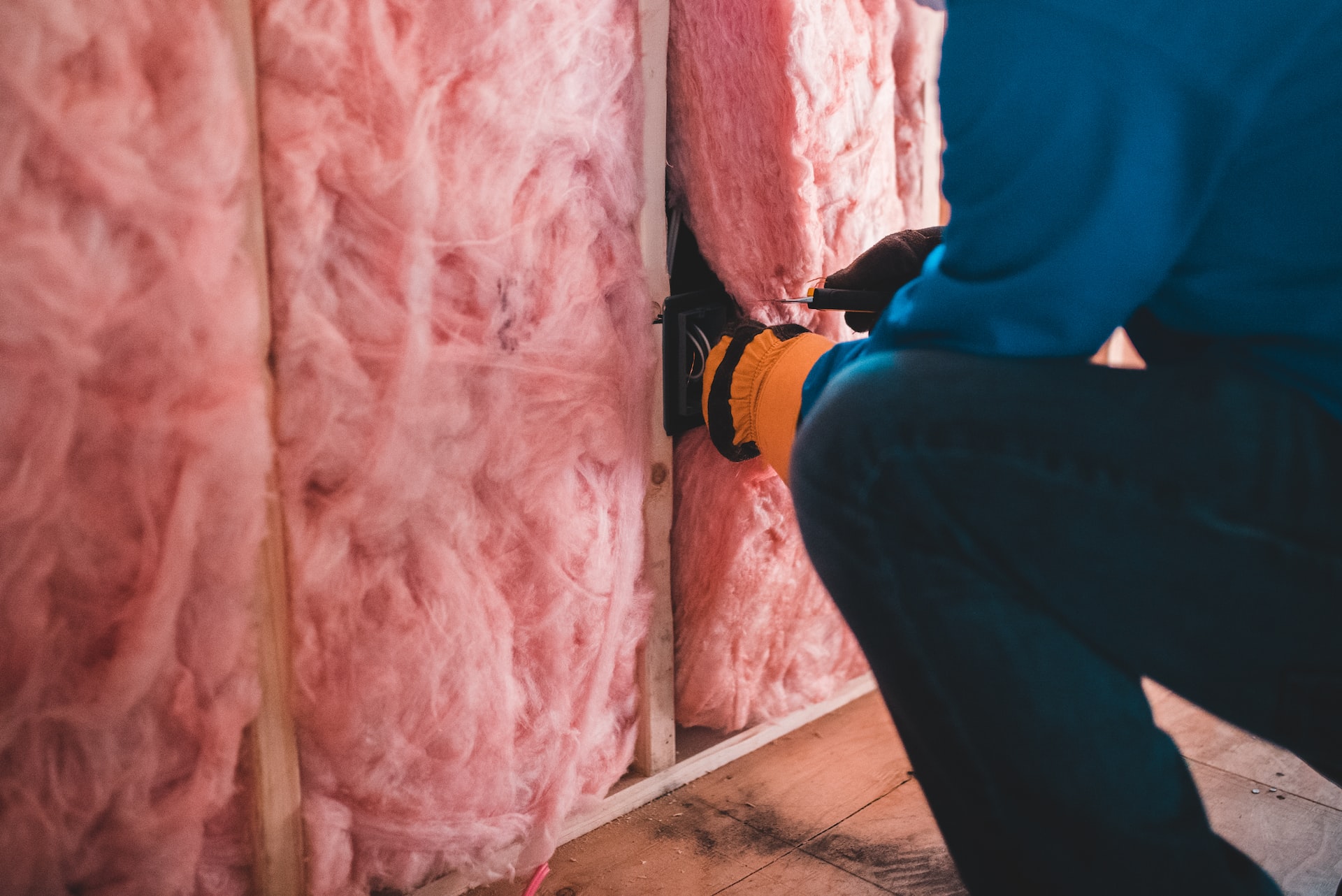Last Updated on: 21st November 2023, 11:51 pm
Innovative ideas to end youth homelessness and to help address the skills and labour crisis are being developed by Centrepoint.
The London-based charity’s Independent Living Programme, headed by businessman and philanthropist Javad Marandi, is not only tackling the symptoms of the problem but is also looking to address its roots.
A growing problem
Rising rents, stagnant salaries and pressure on services are creating a perfect storm for the UK’s young people. Those young people without family support, care leavers or those who might be facing other issues are particularly vulnerable to becoming homeless.
Data from Centrepoint shows that approximately 121,000 young people asked for help with homelessness during 2020/21.
The Centrepoint solution
While at the moment, Centrepoint offers a helpline service along with accommodation for young people looking to avoid becoming homeless; their long-term plan is to end youth homelessness by 2037. This bold ambition was announced last year, setting the target that with help from their project, no one born past the date of the announcement would be homeless at 16.
The Independent Living Programme plans to not only tackle youth homelessness but also to address labour and staffing shortages. It aims to provide a pool of motivated and supported young people who will be available for quality jobs.
The scheme will support at-risk young people in their search for jobs with skills training, further education, career advice, job applications, CVs and interview tips.
They will then be matched with businesses that sign up for the Centrepoint Works scheme. Once they’re employed, they can then apply for a home via the Independent Living Scheme.
The charity is already building 300 rent-capped homes for disadvantaged young people in London and Manchester.
These will cost each tenant a fixed rent of one-third of their own salary a month. This would typically mean that a young person in London who earns £18,000 per year would not pay more than £500 per month.
This compares favourably to market rents which according to HomeLet, is £1,832 on average for new tenants, with rents in Manchester not far behind.
While the programme may initially be relatively small, it’s planned to roll out nationwide over the coming years.
“At the moment, the biggest hurdle to the growth of Centrepoint Independent Living is the novelty of the programme,” says Marandi. “It’s never been done before and, as with anything revolutionary, you have to prove the concept to all interested parties: potential investors, national and local government, and employers looking to sign up for the scheme. There is a chance for all to benefit and to be part of something truly extraordinary.”
By linking together affordable accommodation with employment, the scheme aims to provide a degree of stability and predictability.
A growing problem in rural England
Youth homelessness is often seen as principally an urban problem, but outside of the big cities, the number of young people sleeping rough or without permanent accommodation is growing. Often in rural areas, particularly parts of the country with a large tourism economy, affordable rental accommodation isn’t readily available.
In some rural areas, even families with two earners can find it hard to access appropriate accommodation, meaning the situation for young people is likely to be worse. The lack of services and support can mean that homeless or inadequately housed young people in the country towns and villages are not accessing support and are largely going unseen. Many may drift towards larger cities or can fall prey to organised crime.
It’s hoped that the Independent Living Programme will be able to address hidden youth homelessness in rural areas by providing a recognised framework and support to access both employment and affordable housing.
To achieve this vision, the programme needs investors and would-be employers to get involved. Each home built by the scheme costs up to £70,000 but if more companies support the programme, then this price decreases and the scheme becomes more economically viable.
Centrepoint hopes that more companies will help by donating money, property and land as well as providing employment opportunities for young people.









